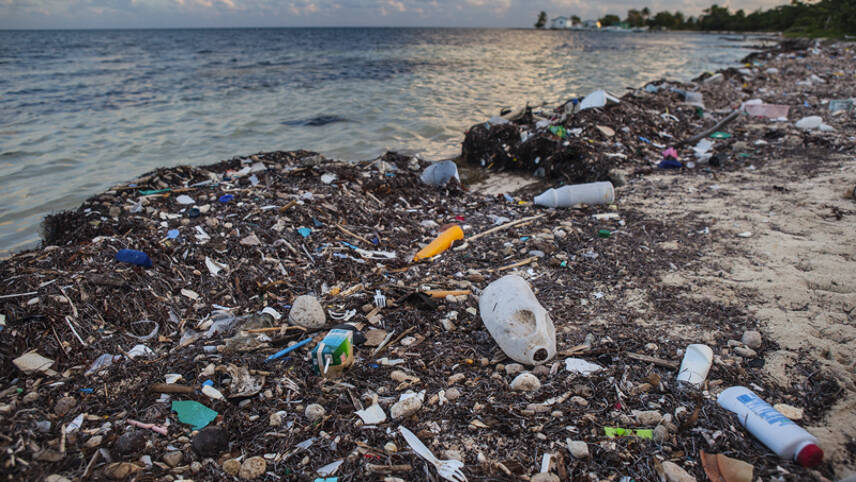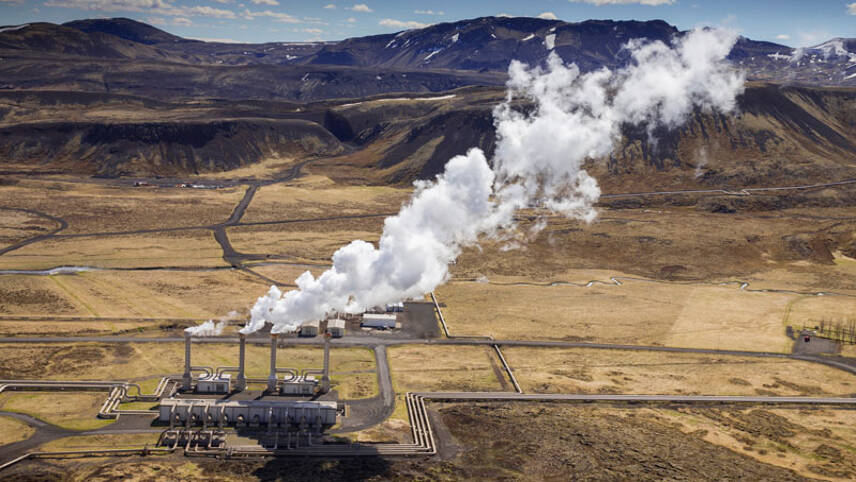WOBO thanks “edie” for links to a sample of their news reports.

Researchers have ‘little confidence’ that national net-zero targets will be met
A new study published today (8 June) in the journal Science ranked the net-zero emissions targets of every country with more than 0.1% of current global greenhouse gas emissions. Targets from nations were assigned a confidence score based on whether policies were legally binding, had implementation plans in place and had short-term methods to help drive decarbonisation.
The results found that more than 90% of global net-zero pledges from nations are considered “low confidence”, meaning they are unlikely to be delivered in full or on time.
Nations have submitted net-zero pledges as part of Nationally Determined Contributions (NDCs) to the Paris Agreement. But by the UN’s own reckoning, current NDCs by nations and states would put the world on course for a 2.5C temperature increase between pre-industrial times and 2100, even if implemented fully and on time.
While the likes of the European Union and New Zealand scored highly, many major emitting nations such as the US and China scored on the lower end of the confidence spectrum. Despite the UK’s net-zero strategy being deemed unlawful, the nation actually scored highly, largely due to the fact that it is a legally binding target.

Investors severely underestimating plastics-related risks, report warns
The plastics sector could face $20bn in legal costs by 2030 in the US alone, yet investors in the industry are failing to properly measure its social and environmental risks.
That is a warning from financial think-tank Planet Tracker, which assessed the potential financial risk for the 150 biggest corporates globally across the plastics value chain. These include oil and gas firms, chemicals companies, packaging producers and consumer goods majors.
The headline conclusion is that liabilities and litigation costs relating to plastics could potentially exceed $100bn by the end of the decade. It is highly likely that at least $20bn of risks will crystallise in the US between 2022 and 2030, the report states.
This figure does not include risks that might arise from reputational damage, such as clients or investors ceasing work with a business over environmental, social or governance (ESG) issues. Nor does it cover transition risks associated with increased regulatory burdens or the need to change business models.
On the regulatory piece, more than 700 plastic pollution policies have been introduced in the last decade. The coming decade may well see this trend accelerating, particularly off the back of the UN’s first plastic treaty, due to be finalised next year.

UK urged to kick-start geothermal energy revolution
Developing a network of geothermal energy plants could help the UK improve its energy security while also delivering levelling up, a Government-commissioned report has concluded.
The report, produced by Conservative MP Kieran Mullan, identifies 45 locations across the UK suitable for the development of deep geothermal energy infrastructure.
Almost half (44%) of these locations fall within the UK Government’s top 100 places to prioritise in levelling up. Six of them fall within the Government’s top ten – Redcar and Cleveland; Middlesborough; East Lindsey; Hartlepool; Northumberland, and Bassetlaw.
Mullan described this finding as “unexpected” and has urged the Government to “look closely” at geothermal technology as a means to deliver its levelling up pledges and to improve its energy security.
Deep geothermal projects would involve drilling a borehole to a depth of around two miles to flow cold water through hot rocks. The resulting heat can then be extracted and used either directly or converted into electricity.
Only a handful of geothermal projects are in development in the UK at present, which Mullan attributes to a lack of joined-up support from the Government. His report argues that the UK is primed to scale up the sector, because it has significant untapped geothermal resources, and because skilled workers from the oil and gas sector could be upskilled to work in the industry. It sets out the potential for creating more than 280,000 jobs.

